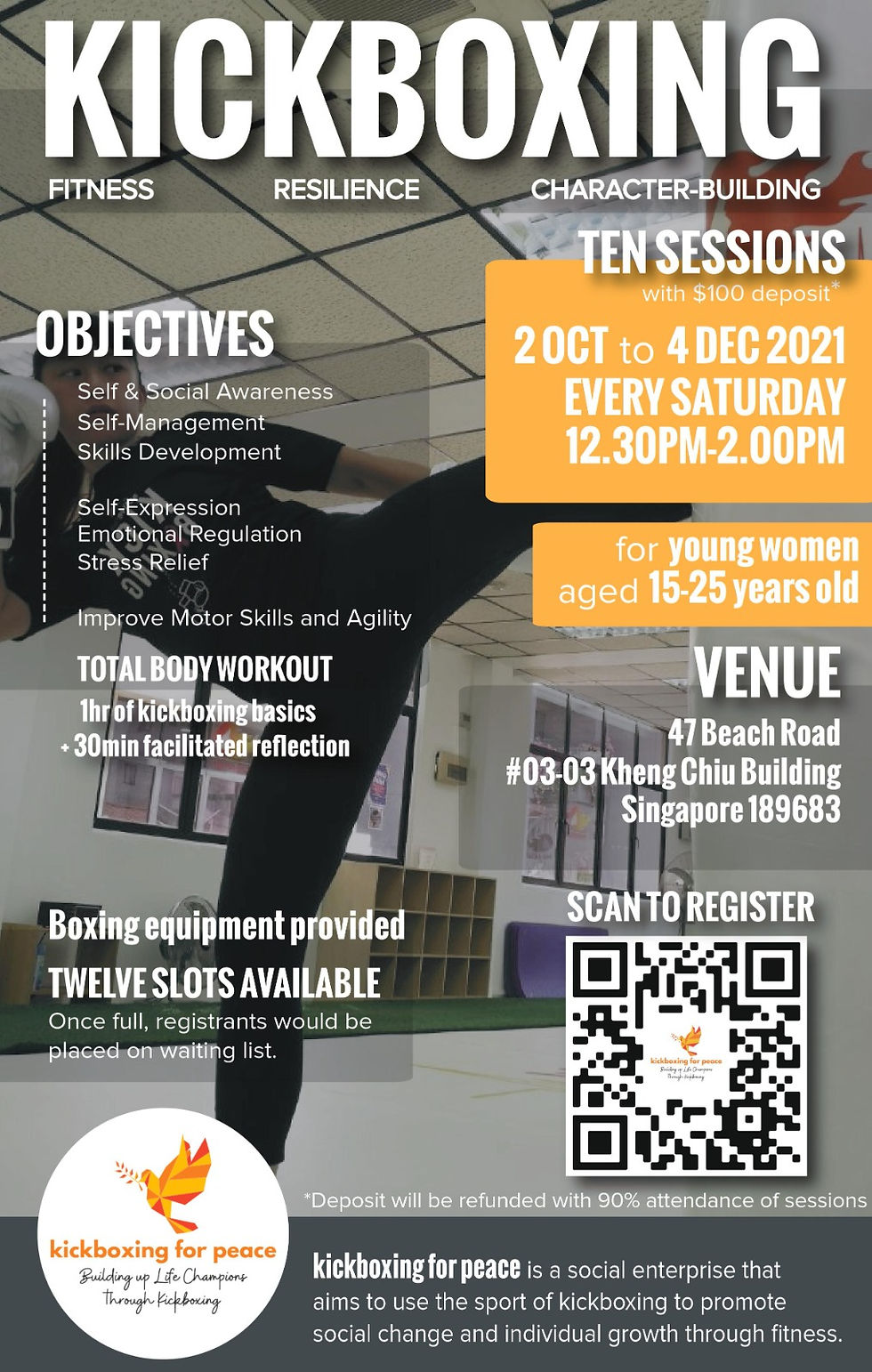Empowering inclusivity - reflection and gratitude
- Dr Delina Swee
- May 30, 2024
- 2 min read
Updated: May 30, 2024

Reflection and gratitude have been pivotal, serving as powerful tools for growth and self-awareness (inner work) with thankfulness. Reflection overdone can lead to overthinking or even rumination retelling the same negative narratives. Hence reflection and thankfulness need to go together.
The work of empowering inclusivity rarely begins without the inner work within oneself. Then follows the possibility to impact our immediate circles at work or in the community. Importantly, the openness of heart and mind to observe, redefine "norms" and create possibilities.
Encouragement comes in different forms and always appreciated during a somewhat rough period. Recently an unexpected text came from a LinkedIn contact who was preparing the annual impact report for his social enterprise, shared about his reflecting on the definition of inclusion which I shared previously. My first thought was "what sharing?" before it jolted my memory to what felt like eons ago in Nov 2023. My heart welled up with thankfulness first, for his effort to reach out to share with me. Two, to have been able to contribute in a small way to other partners in the greater ecosystem.
If we examine closely, efforts in inclusion tend to be reactive (response to labels) than considering the dignity of the human/person. I was told once by a caregiver of a youth with disabilities that my definition of inclusion is "a step up". Is it?
Inclusion is about everyone and not dependent on labels like autism, ADHD, etc. Inclusion involves: 1) respecting and valuing people that accords them dignity, 2) environment that faciliates access or participation in activity/group, and 3) belonging. Once we have defined it, then we can plan and strategise our actions to actualising it. The end to which we strive - the "HDB" everyone needs: Hope, Dignity and Belonging.
Based on ground developments and considering learning across the lifespan, it would inevitably require us to reconsider our definitions of employment or what "employment" might even look like. What is keeping us from this? Our inner barriers like our worldview, understanding of the "disability models" that we innately hold and practise. Or perhaps fear to embrace the unknown to unlearn and relearn?
In essence, inclusivity values and preserves/protects the inherent dignity of every human person or simply "human-centricity".


Comments